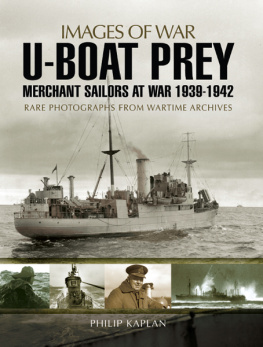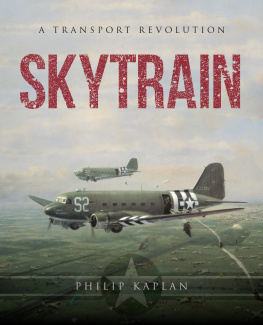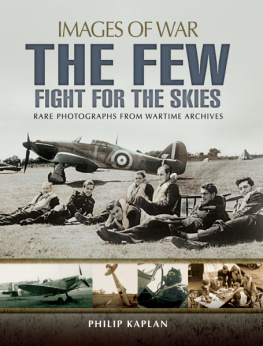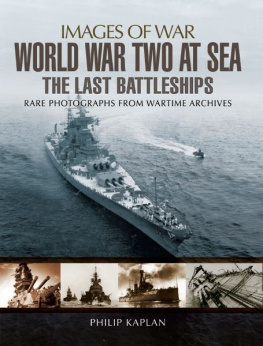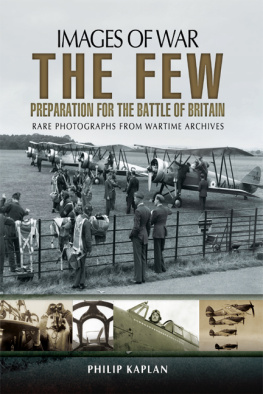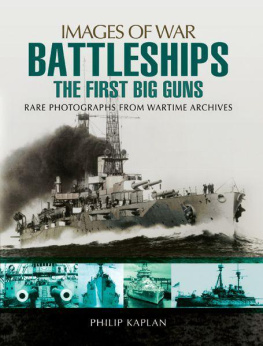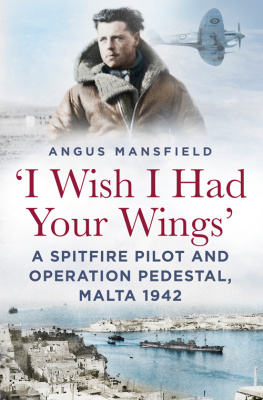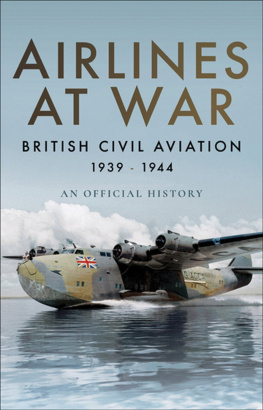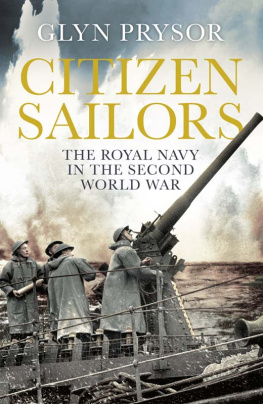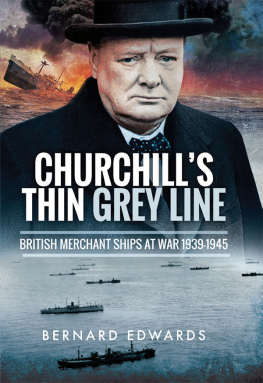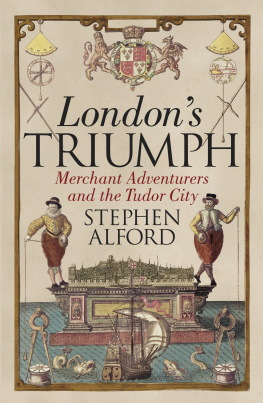First printed in Great Britain in 2014 by
Pen & Sword Maritime
an imprint of
Pen & Sword Books Ltd.
47 Church Street
Barnsley,
South Yorkshire
S70 2AS
A CIP record for this book is available from the
British Library.
PAPERBACK ISBN: 978 1 78 346 2940
PDF ISBN: 978 1 47 383 6853
EPUB ISBN: 978 1 47 383 5092
PRC ISBN: 978 1 47 383 5979
The right of Philip Kaplan to be identified as
Author of thisWork has been asserted by him
in accordance with the Copyright, Designs and
Patents Act 1988.
All rights reserved. No part of this book may be
reproduced or transmitted in any form or by any
means, electronic or mechanical including photocopying,
recording or by any information storage
and retrieval system, without permission from
the Publisher in writing.
Printed and bound in England
By CPI Group (UK) Ltd. Croydon, CR0 4YY
Pen & Sword Books Ltd incorporates the
Imprints of Pen & Sword Aviation, Pen & Sword
Family History, Pen & Sword Maritime, Pen &
Sword Military, Pen & Sword Discovery,
Wharncliffe Local History, Wharncliffe True
Crime, Wharncliffe Transport, Pen & Sword
Select, Pen & Sword Military Classics, Leo
Cooper, The Praetorian Press, Remember
When, Seaforth Publishing and Frontline
Publishing.
For a complete list of Pen & Sword titles please
contact Pen & Sword Books Limited
47 Church Street, Barnsley, South Yorkshire, S70
2AS, England
E-mail:
Website: www.pen-and-sword.co.uk
Contents
Reasonable efforts have been made totrace the copyright holders of all materialused in this book. The author apologizesfor any omissioins. All reasonable effortswill be made in future editions to correctany such omissions. The author is gratefulto the following people for the use oftheir published and/or unpublished material,or for their kind assistance in thepreparation of this book: ChristineAmmer, Jack Armstrong, Brooks Atkinson,Robert Atkinson, Francis Bacon, MalcolmBates, Charles Bishop, William Bourner,Samuel Butler, George Gordon LordByron, Winston S. Churchill, Samuel T.Coleridge, Joseph Conrad, Jack Currie (forhis text), Peter Donnelly, Dwight D.Eisenhower, Joseph Fabry,The FalkirkHerald, James E. Flecker, Sir HumphreyGilbert, Kenneth Grahame, CharlesGraves, Peter Guy, H.G. Hall, Cyril Hatton,Thom Hendrickson, Charles Hill, SamuelJohnson, Joseph J. Kaplan, Neal B. Kaplan,Ernest J. King, Rudyard Kipling, Collie Knox,Frank Knox, John Lester, Steven Levingston,Peter Lewis, Peter MacDonald, OttoMarchica, Edwin Markham, John Masefield,Wilson McArthur, Nicolas Monsarrat,Eugene ONiell, John Palmer, A.H. Pierce,C.H. Rayner, Phil Richards, Francis Rockwell,S. Roskill, Thomas Rowe, Owen Rutter, CarlSandburg, Leonard Sawyer, Frank Shaw, NeilThompson, Harry S. Truman, Nancy ByrdTurner, Jack Thompson, Peter Wakker,Herbert Werner, Robert Westall, W.Whiting, J.W.S. Wilson, Woodrow Wilson,Roger P. Wise, E. Withers.
Merchantmen
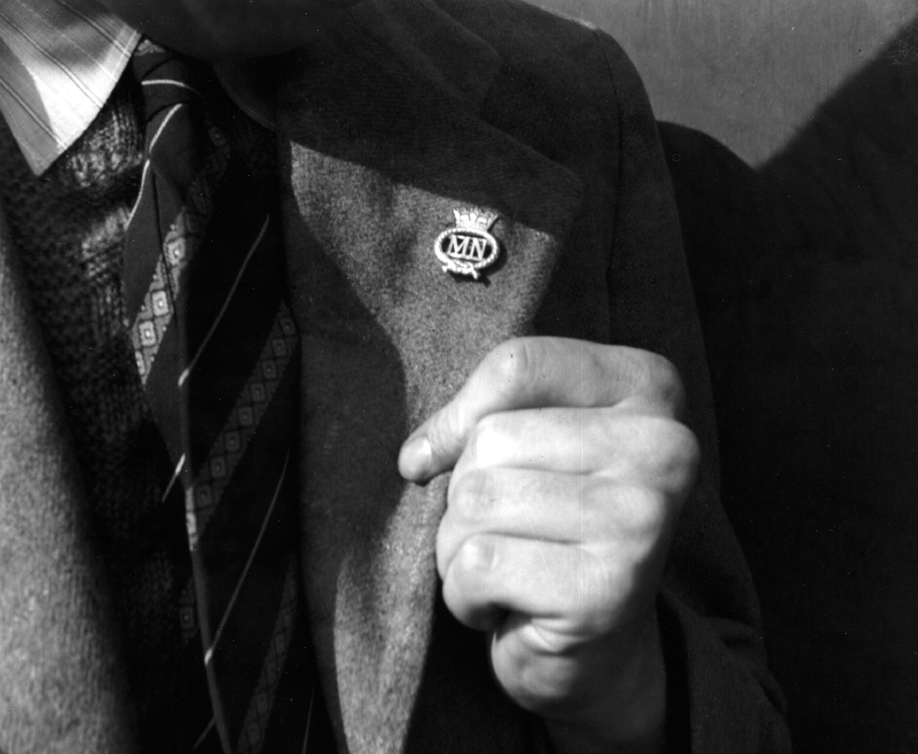
The badge of the Merchant Navy
For the bread that you eat and the biscuits you nibble, the sweets that you suck and the joints that you carve, they are brought to you daily by all us Big Steamersand if any one hinders our comingyoull starve.
from Big Steamer by Rudyard Kipling
God and our sailors we adore, when danger threatens, not before. With danger past, both are requited, God forgotten, the sailor slighted.
anon, circa 1790
After every war, monuments are raised to the memory of those who died gloriously. The officers and men of the Merchant Navy, fighting this grim Battle of the Atlantic, would probably scorn such homage to their simple devotion; but it is a regrettable fact that the one memorial they would care forthe refutation of the charge explicit in the above quotationis still, after two hundred years, unforthcoming and the slur unexpunged from the annals. For two hundred years and more, these brave men, lacking the training and organisation that adapts their brothers in the Royal Navy so readily to the rigours of war, have, nevertheless, fashioned their own magnificent tradition. Day in, day out, night in, night out, they face today unflinchingly the dangers of the deep, and those that lurk in the deepthe prowling U-boats. They know, these men, that the Battle of the Atlantic means wind and weather, cold and strain and fatigue, all in the face of enemy craft above and below, awaiting the specific moment to send them to death. They have not even the mental relief of hoping for an enemy humane enough to rescue; nor the certainty of finding safe and sound those people and those things they love when they return to homes, which may have been bombed in their absence. When the Battle of the Atlantic is won, as won it will be, it will be these men and those who have escorted them we shall have to thank. Ceaseless vigilance and the will to triumph over well nigh insuperable obstacles will have won their reward.
Admiral Sir Percy Noble, Commander-in-Chief, Western Approaches
14th August 1941
When Admiral Horatio Nelson defeated Napoleons Franco-Spanish fleet off Cape Trafalgar on 21st October 1805, only to die in his hour of triumph, the population of the British Islands, mourning the hero while rejoicing in the victory, numbered approximately sixteen million. They were a proud and almost self-sufficient people, needing little more than such luxuries as silks, tobacco, tea and coffee to satisfy their wants from overseas. Nearly one-hundred and thirty-four years later, when World War Two began, there were more than fifty million mouths to feed, and Britain had become increasingly reliant on a constant flow of imports, not only to maintain her position as a major manufacturing nation, but merely to survive.
Whether it was ever pedantically correct to give the title Merchant Navy to Britains trading fleet can probably be questioned. There had been a time when the same ships were used for fighting and for trading, but those days had passed with the cannon and the cutlass. The fighting ships, their officers and men, remained in the service of the Crown, ever ready to wage the nations wars, while the rest sailed the oceans of the world with one main objectiveto enrich the ship-owners. And the owners were a very diverse group, with their offices in all the major ports, with a wide variety of vessels, embracing Saucy Sue of Yarmouth and the Queen Elizabeth, with motives ranging from the frankly mercenary to the idealistic, and with their employees wages varying between the handsome and the barest subsistence levels.
So the Red Ensign flew above a multitude of ships, belonging to a multitude of individuals, each with different notions of how to run a shipping business. Nevertheless, it was due to their industry, by whatever means and for whatever motives, that by the 1930s the British Empire and the Commonwealth had developed into the greatest trading community the world had ever seen, with global port facilities and a merchant fleet of approximately 6,700 vesselsmore than double the number of their nearest rival, the United States of America. It was said that, on any one day in the year, 2,500 vessels registered in Britain, were at sea or working in a port, somewhere in the world. But Britains dependence on the imports carried by those ships was her greatest weakness in wartime, when her long-established freedom of the sea was challenged by a foreign power. That weakness had been ominously demonstrated during World War One when the U-boats of the Kaisers navy had targeted Britains cargo ships, and there had been times in 1917 when starvation had stared her people in the face.
With that vulnerability in mind, the government requisitioned all shipping at the start of World War Two. In service, the ships remained under the management of the line owners, who acted as agents for the Ministry of Supply, and later for the Ministry of War Transport, which, on 1st May 1941, was formed from the Ministries of Transport and of Shipping. Experts from the shipping lines, with civil servants from the Ministries, formed a central planning group which, for the duration of the war, was to decide where the ships would sail and what cargoes they would carry. The owners remained responsible for maintaining and provisioning their ships, while the newly-formed Merchant Navy Pool assumed the task of crewing.
Next page
